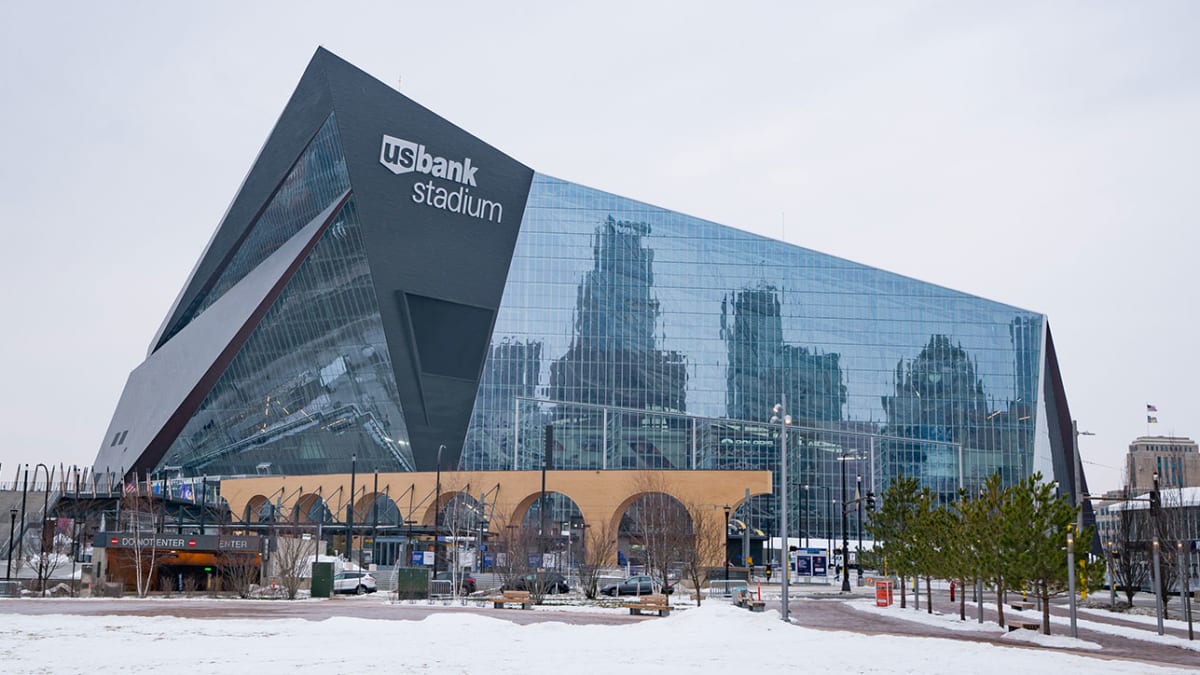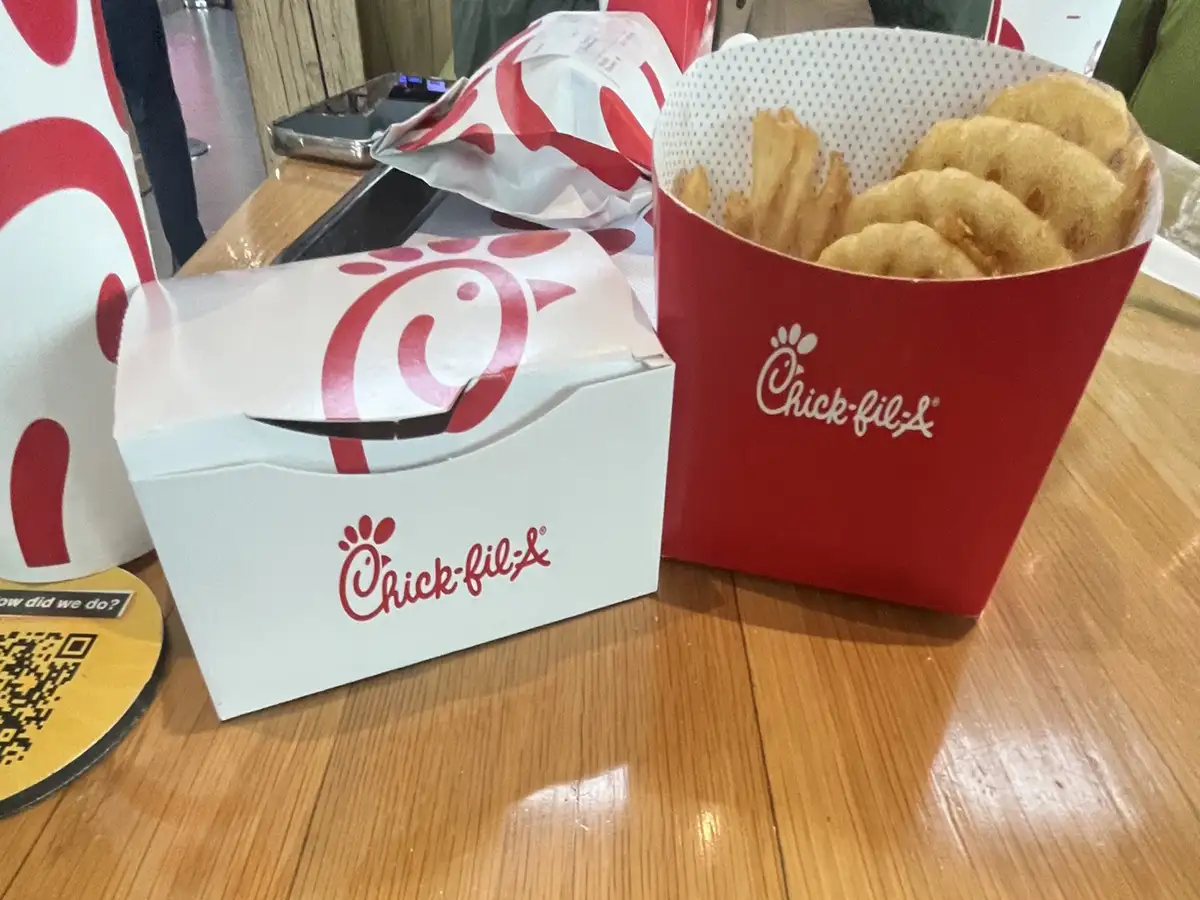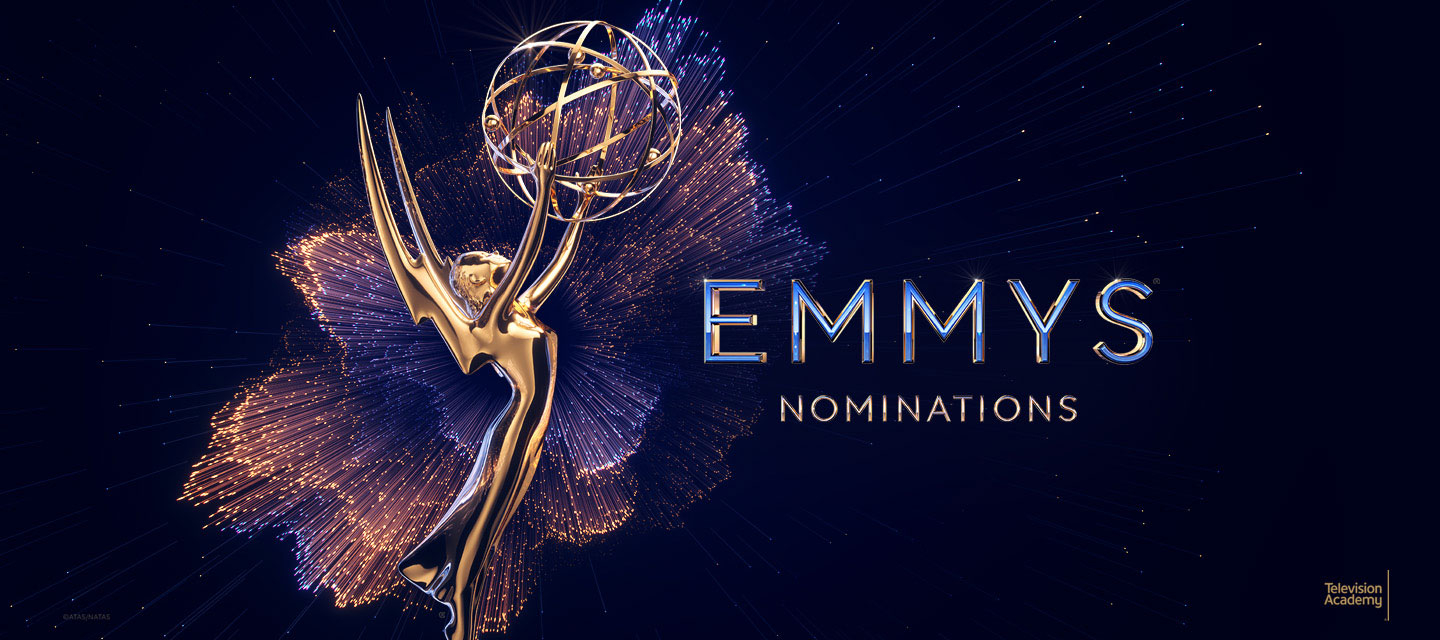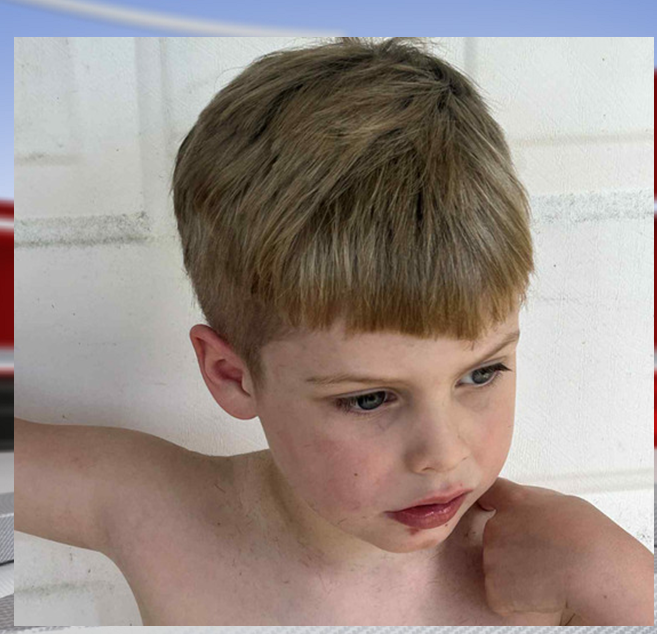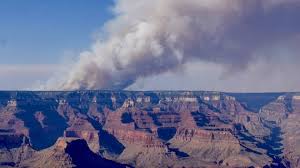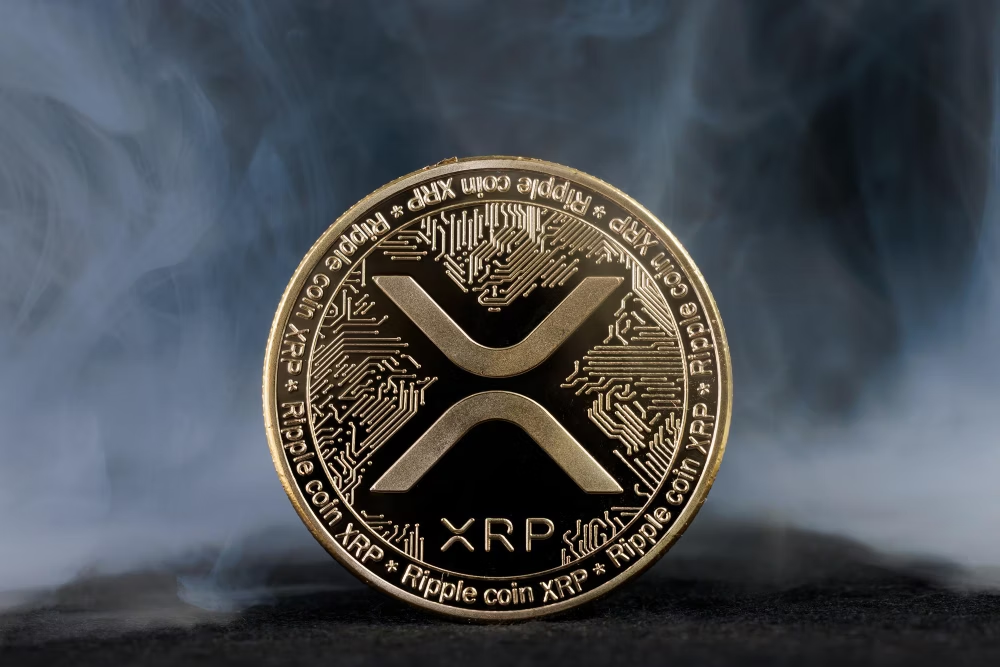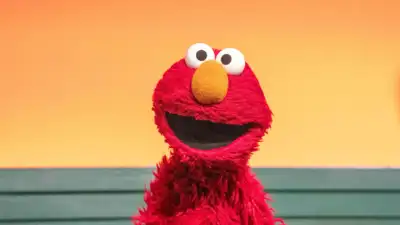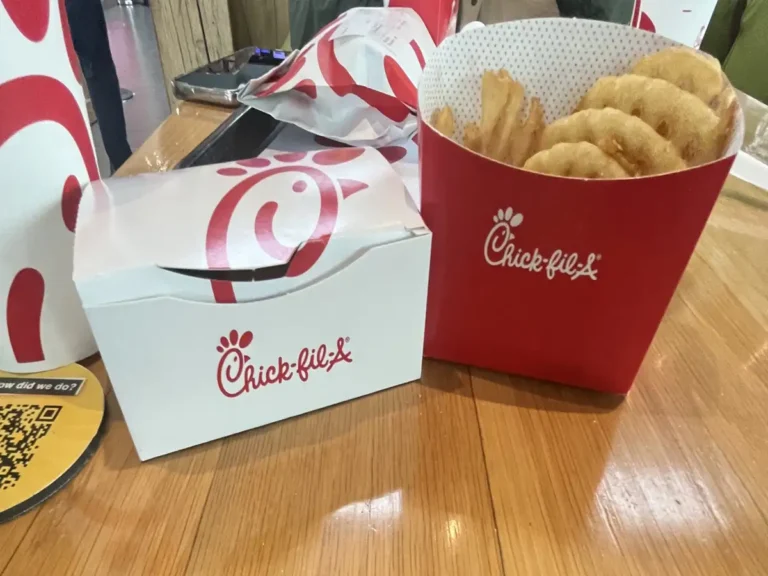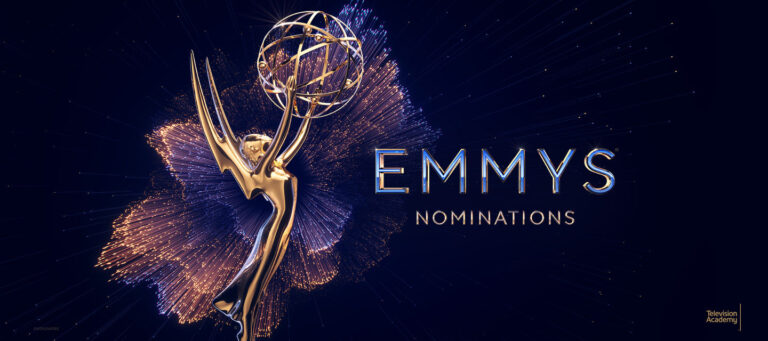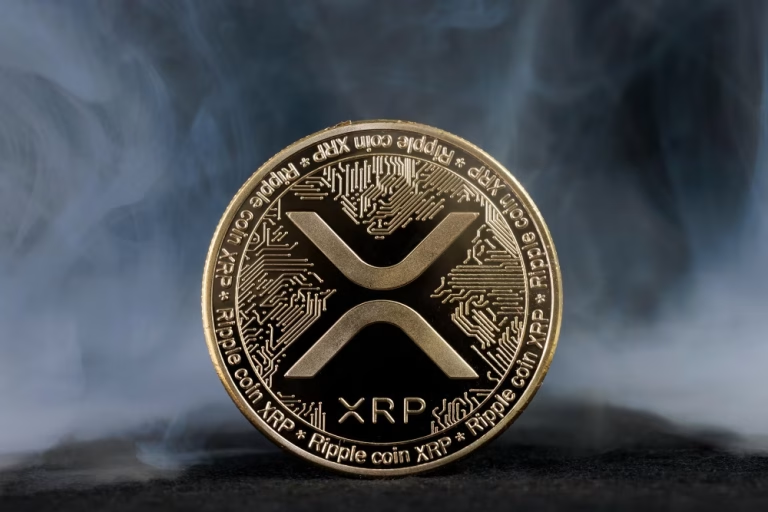The influence of the Super Bowl on locals extends far beyond the day of the game itself. “Today, it’s evolved into much more than merely a game. It has transformed into a festival spanning 10 days,” Kyle Chank, vice president of operations and logistics for the Super Bowl Host Committee, explained.
“It ranks as the United States’ second most prominent event, coming in just after the inauguration.” Several streets in the downtown area have been shut down already, with additional closures expected.
Most of these detours are scheduled to conclude by February 9. According to Chank, the event is anticipated to draw over 150,000 tourists to Minneapolis, with many planning stays of at least four nights. (While the figure of 1 million visitors is frequently mentioned, Chank clarifies that this number is a marketing term that includes everyone from locals who merely notice the Super Bowl signage to those purchasing merchandise.)
During a recent meeting of the Super Bowl Host Committee held for residents of downtown, one individual expressed plans to retreat to Stillwater. Wendy Cook raised concerns about the potential challenges of grocery shopping. A resident of Marquette Place inquired whether accessing his garage would require navigating an eight-block detour. However, some residents are excited.
Tara Nussmeier, living near Nicollet Mall, intends to immerse herself in the celebrations. “This year, we’re hosting a party,” she mentioned. “We’re curious to see what unfolds — we’re not keen on urging people to come downtown unless they wish to. It should prove to be fascinating.”
Residents of the Bridgewater Lofts have been preparing for the Super Bowl for two years, amending bylaws to permit condo rentals, leasing out the community room on the top floor that overlooks the stadium (for $125,000), and implementing a comprehensive security strategy.
Security measures include cameras at every entrance, mandatory wristbands for access, and a seminar to enhance residents’ awareness of safety on the streets. “There’s an emphasis on both security and education,” Pamela McCrea noted. “Yet, we’re aiming to maintain a celebratory spirit.”
The neighborhood got a foretaste of the celebratory vibe — despite the cold weather — when the Vikings clinched a victory in the playoff game against the Saints on January 14.
“It’s fascinating to observe how a football team can unite people, even those who aren’t typically football fans,” McCrea observed. Below are the Super Bowl Host Committee’s responses to some frequently asked questions:
Which streets are closing?
— The section of 8th Street between Marquette and LaSalle avenues is currently off-limits to traffic and will remain so until February 9, serving as the venue for a concert stage. — Nicollet Mall is undergoing closure until February 9 for a ten-day celebration dedicated to fans.
Pedestrian access will still be available on the street. Excluding 8th Street, all intersecting streets will stay accessible, albeit with some lane reductions. — Around the stadium, numerous streets are experiencing closures. Presently, Chicago Avenue is blocked from 4th to 6th streets.
In alignment with the closures typical of regular-season football game days, 4th Street from Park Avenue to Interstate 35W will be closed from January 27 to February 6.
Concurrently, 6th Street between Chicago and 11th avenues will also be closed. Additionally, 11th Avenue behind the stadium, stretching from 3rd to 6th streets, will be closed during this time frame. — Outside the Minneapolis Convention Center, both Grant Street and 2nd Avenue will be inaccessible from January 24 to February 7, with sporadic closures affecting the surrounding roads until February 4. Signage indicating detour routes will be in place.
Can I go to work?
“Access to downtown remains uninterrupted at all times,” Chank emphasized, adding, “Our guiding principle is ‘business as usual.'” He noted that commuters might experience a slight delay, potentially adding an extra 10–15 minutes to their travel time.
To mitigate congestion, some companies are offering their employees the option to work from home or to use their vacation days, according to Steve Cramer, the president of the Downtown Council. “For those who need to come to work, we encourage using public transportation, carpooling, or at least, we suggest spouses coordinate their schedules to carpool,” Mary Morse Marti, the executive director of Move Minneapolis, located at 505 Nicollet Mall, advised.
Move Minneapolis assists in trip planning. Morse Marti mentioned that the area around the mall might become noisy, and some businesses are adjusting their working hours to allow employees to leave work early or participate in the festivities. “Adopting a flexible strategy is the most prudent course of action,” she concluded.
Which events are free and open to the public?
Where is the no-go zone?
When does light rail close to the public?
On Super Bowl Sunday, due to security reasons, Chank noted that the U.S. Bank light rail station’s proximity to the stadium renders it inaccessible for public use.
The entire Blue Line and a segment of the Green Line will be shut down to the general public on February 4th, serving exclusively to transport up to 20,000 ticketed guests to and from the stadium. For the Green Line, regular service will only be operational between Stadium Village and Union Depot stations, with bus services filling in for the remainder of the route.
Complimentary bus services, making stops at each station along the closed rail segments, will be available to the public, similar to the protocol followed during maintenance closures. These buses are scheduled to arrive every 10 minutes. However, buses will not approach the stadium vicinity but will instead halt on Washington Avenue.
What about other changes to transit?
Nicollet Mall buses have shifted toHennepin Avenue, similar to the shift during Nicollet Mall construction. Many downtown bus routes have detours or closed stops, and details for local riders are available at metrotransit.org/super-bowl-riders.
Buses on standby will help handle major delays or higher-than-expected ridership. Metro Transit will run more trains and expanded hours, arriving every 10 minutes until 11:30 p.m. through Feb. 4. Light rail will not stop at the U.S. Bank Stadium station beginning the evening of Feb. 2.
Uber will take over part of a University of St. Thomas parking lot, providing heated tents and staff to help people call for rides. The arrangement will help customers avoid surge pricing at that location, Chank said.
What about parking?
Parking ramps will mainly continue to honor contract parking agreements for employees during the workweek, with a shift towards prioritizing contract parkers primarily on the day of the game, according to Cramer. The arrangement differs from one ramp to another.
For some city-owned ramps, half of the parking spaces will be kept open for contract parkers while the other half will be allocated to Super Bowl guests. Moreover, contract parkers will be directed to alternate parking locations, as stated by the office of Council Member Lisa Goodman.
Around Nicollet Mall, the stadium, and the convention center, certain metered parking spots will be temporarily unavailable, marked by hoods. Super Bowl ticket holders have the option to reserve parking permits online, with prices varying between $25 and $150.
Additionally, Metro Transit has arranged for five suburban Park & Ride lots to operate on January 27, January 28, and February 3, offering services every 30 minutes. For more information about parking, visit minneapolismn.gov/superbowl.
Will there be space for tailgating?
No. Tailgate lots will be devoted to Super Bowl operations.
Where are public restrooms?
More than 250 bathrooms will be set up near the mall, including 197 bathrooms behind the Young-Quinlan building at the Marq 9 lot.
What are Skyway hours?
Skyway hours are extended from 6 a.m. to midnight. The timeframe was a compromise — the NFLwanted the skyways to remain open 24 hours.

